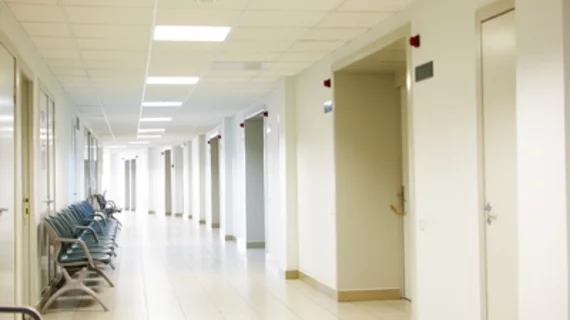72% of infection preventionists have single-site responsibilities
Nearly three quarters of infection preventionists (IP) had single-site responsibilities and dedicated more than 75 percent of their time to prevention and control, according to a study published May 31 in the American Journal of Infection Control.
Infection prevention and control (IPC) programs require staffing to maintain a high level of care. In this study, researchers examined the current IP staffing and IPC program resources in acute care hospitals to identify areas for improvement.
The study included data of 1,623 respondents from the 2015 MegaSurvey conducted by the Association of Professionals in Infection Prevention and Epidemiology. The differences facility and department characteristics by facility size were also analyzed.
Findings included:
- 72 percent had single-site responsibilities.
- IPs reported dedicating 76 to 100 percent of their job to IPC.
- The overall medical IP staffing was 1.25 IPs per 100 patients.
- 46 percent of IPs represented facilities with a daily inpatient census of less than 100, were the average number of IPs was 1.1.
- IPs increased as the number of inpatients grew.
- Researchers noted significant differences in IP staffing, responsibilities and support to IPC programs between smaller and larger hospitals.
“This study represents the current snapshot of IP staffing and IPC resources in acute care hospitals,” concluded first author Monika Pogorzelska-Maziarz, PhD, MPH, and colleagues. “Findings indicate important differences between large and small facilities in staffing and IPC resources. The field of infection prevention would benefit from a comprehensive assessment of IPC department staffing and resource needs.”

